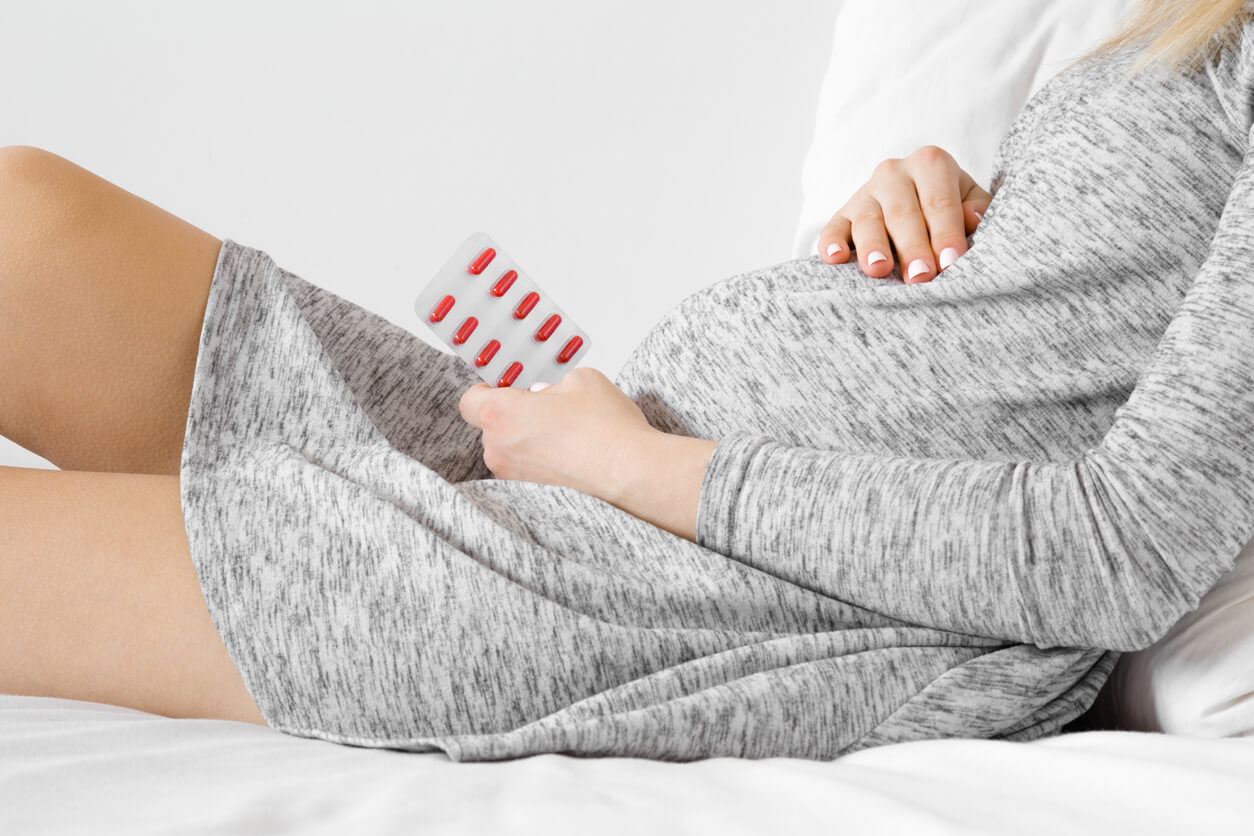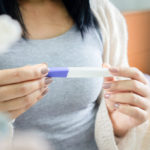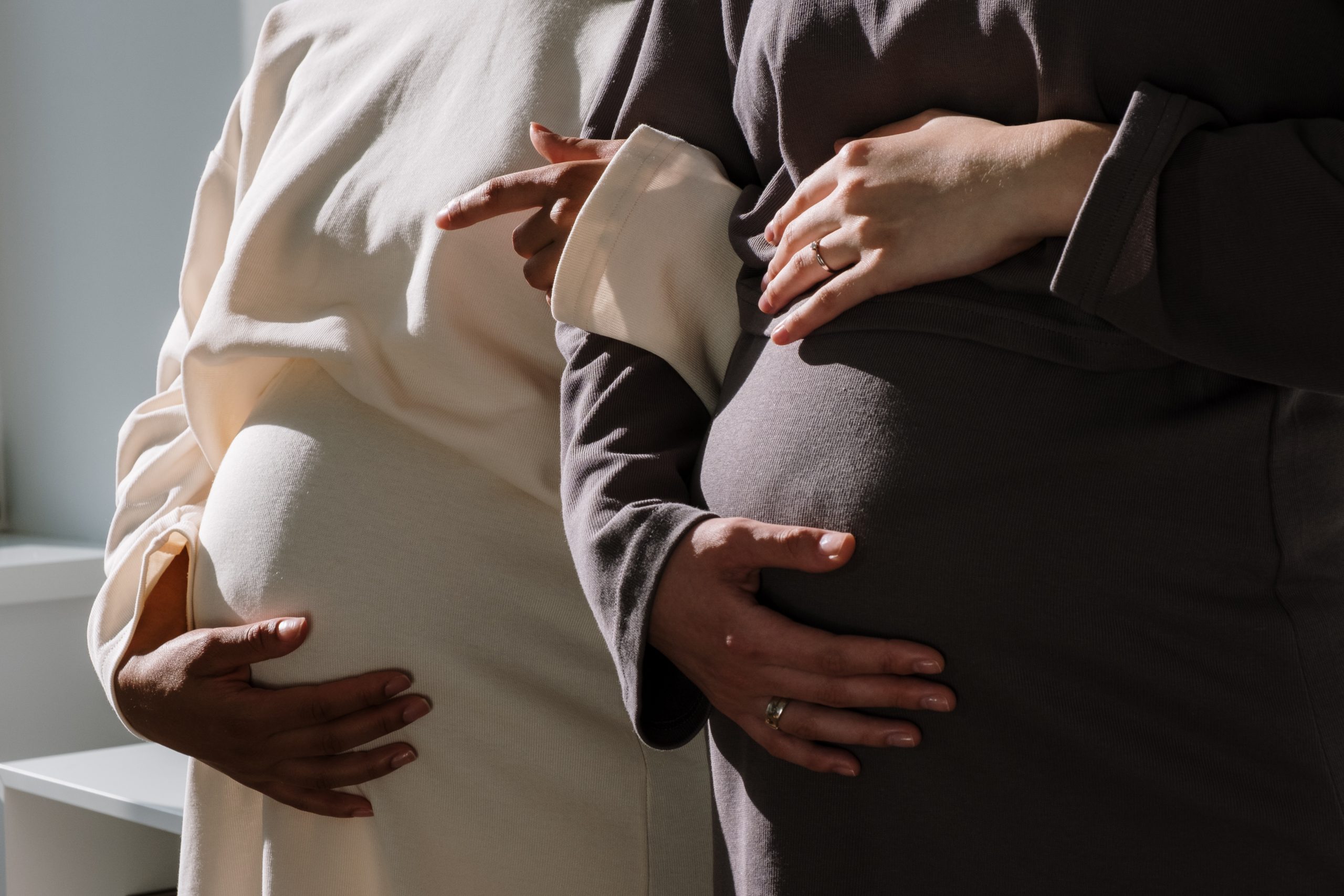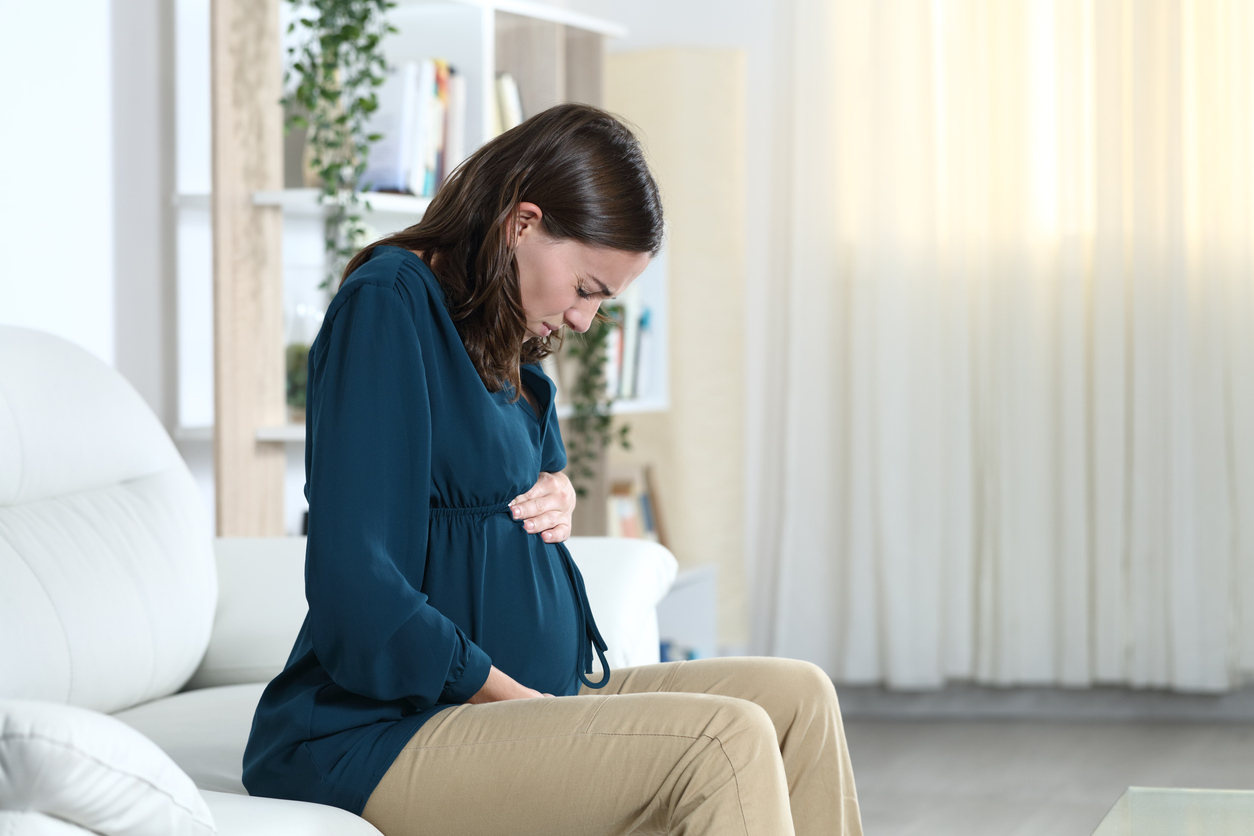Pregnancy comes with good tidings as well as challenges. When a woman is anxiously waiting for the bundle of joy to make the house warm, noisier, and joyful, some challenges develop in the course of the period. Amongst this is a deficiency issue well known as anemia.
Anemia, is a condition where when the blood has fewer red blood cells such that there is limited oxygen in circulation between the body tissues and the baby.
One of the major causes of this deficiency is a lack of iron. Iron acts as a catalyst in the production of red blood cells, which is necessary for the baby’s development.
Symptoms Associated with Anemia
Among the common symptoms include;
- A feeling of weakness and tiredness
- The skin, lips and nails become pale.
- Hard to concentrate
- Feeling of dizziness
- Shortness of breath
Who is Prone for Contracting Anemia During Pregnancy?
There are two types of women who are likely to get anemia during pregnancy
- Women who have a likelihood of getting iron deficiency. These are mostly those who;
Have had severe vomiting problems as a result of morning sickness
- Have had pregnancies in a close range.
- Pregnant of twins
The other type of women likely to get anemia include;
- Those who have Crohn’s disease or have lost weight due to a surgery that involved the removal of part of the stomach
- Strict vegetarians because they lack Vitamin B12 deficiency.
Types of Anemia Experienced by Pregnant Mothers
Three types of anemia could take place during pregnancy. These are
- Iron-deficiency Anemia– This is experienced when there is limited iron, such that the blood does not produce enough hemoglobin to support oxygen circulation.
- Vitamin B12 Deficiency– Vitamin B12 helps in the formation of healthy blood cells. This deficiency occurs if there is a limited production of healthy blood cells. A pregnant woman needs to eat dairy products, eggs, and meat to maintain a good balance. Otherwise, one stands to develop complications such as preterm birth and birth defects too.
- Folate Deficiency Anemia– The body needs folate, a vitamin found in green leafy vegetables, to produce new cells. A woman needs to take enough of these to help transport oxygen to the entire body, including the baby. Besides taking natural green foods, one can also take supplements known as folic acid to supplement the missing folic. Failure to do that could lead to low birth weight and neural tube abnormalities.
Diagnosis of Anemia During Pregnancy.
It is essential for any pregnant mother to attend pre-natal clinics so that the clinicians can diagnose some of these deficiencies at an early stage. The health provider will carry out anemia checks during the clinical examinations, mostly during monthly blood tests. Besides, there are other ways that the blood tests can be used to check the blood tests, for instance;
- Hematocrit– This blood test measures the level of blood cells that constitute a specified amount of blood.
- Hemoglobin– The test measures whether the amount of blood that carries oxygen from the lungs to the rest of the body is sufficient for use in both the mother and the baby.
Treatment of Anemia
When diagnosed with anemia during pregnancy, it is essential to take measures immediately to reverse the condition. Some of these measures include;
- Taking Iron supplements or folic acid. Besides, it is also important to take foods rich in iron apart from the prenatal vitamins suggested by your health provider. Such food includes meat, eggs and also dairy products.
- Carry Our continuous blood tests to check whether there is a change in the deficiency, to confirm if any addition of the supplements is needed or whether to stop if the condition has improved.
- If one is suffering from a vitamin B12 deficiency, your health provider can recommend vitamin B12 supplements as well.
How to Prevent Anemia During Pregnancy.
As we have mentioned, each of the three common deficiencies of anemia during pregnancy has its way of prevention, as stated below.
- How to prevent Iron Deficiency– This could be debatable, but a pregnant woman needs to take iron supplements. The recommended dosage is taking 325 mg of ferrous sulfate once a day. This helps to manage the iron stored in the body and blocks the chances of its depletion.
- How to Prevent Folate Deficiency– To prevent folate deficiency, women trying to get pregnant need to take folic acid between 0.4 to 0.8 mg daily. However, if one has had spina bifida, then taking 4 mg of folic daily is recommended.
- Prevention of Vitamin B12 Deficiency– This is done by early use of Vitamin B12 supplements and taking green leafy vegetables in plenty, even when anticipating getting pregnant.
Conclusion
To give birth to a healthy baby and, at the same time, enjoy a healthy time carrying the pregnancy, it is vital to have prerequisite knowledge of the level of iron, vitamin B12 or folic acid in your body.
Eat healthily and make consistent clinical follow-ups to ensure sufficient iron levels. If there is a problem, your health provider will recommend basic treatment methods to reverse the situation.






